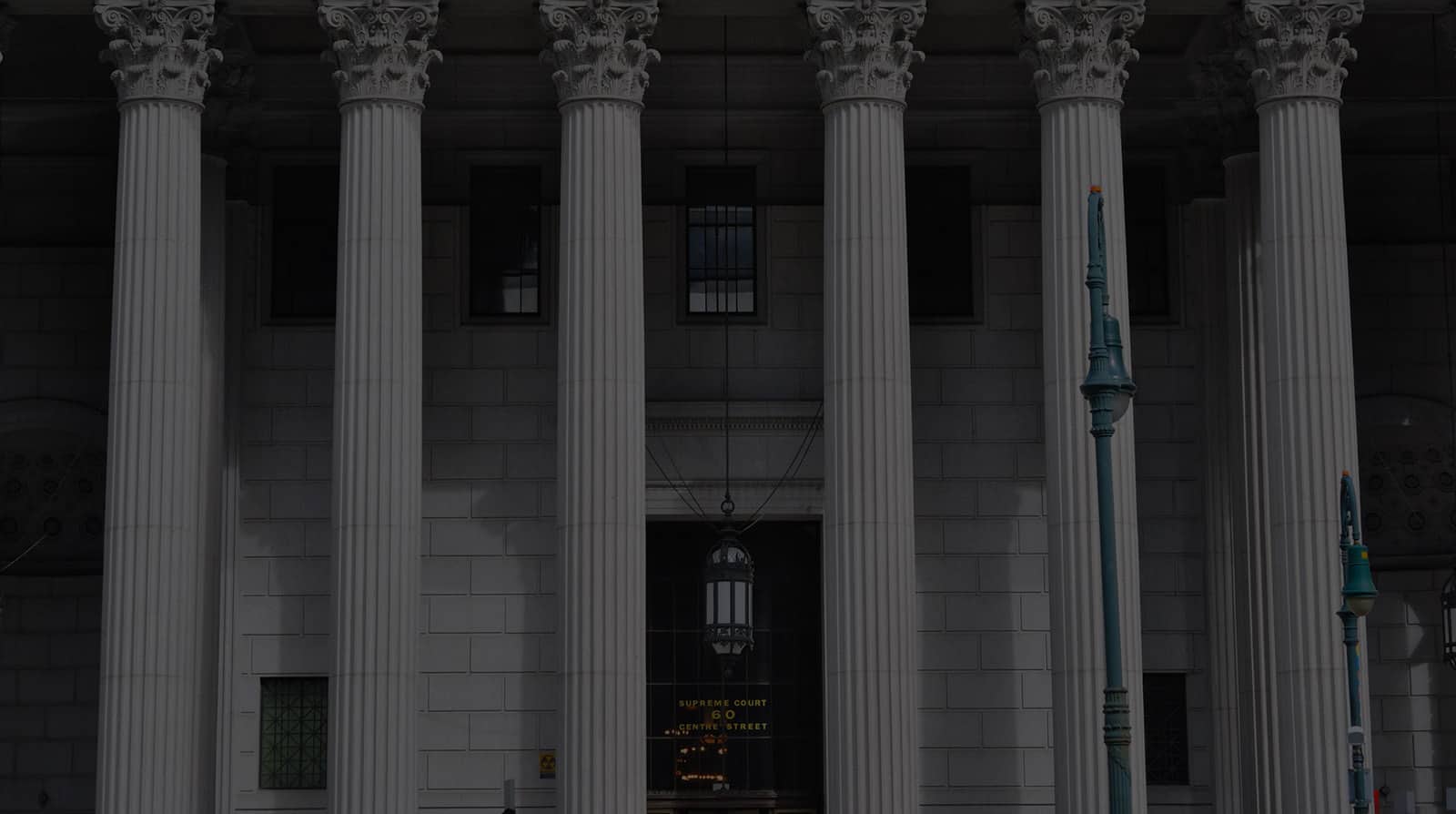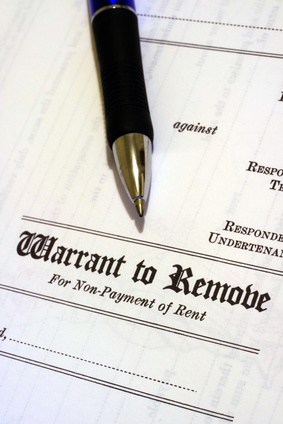
Time to Think About Who the Members of Your Family are.
Yes, it is true. Plenty of people who have received summonses for violating the Town of Babylon Code have had their cases dismissed for various reasons. The Town of Babylon has a heavy burden to prove in court, and if you are informed of the law, and if you are armed with the right facts, it may be difficult for the Town to prove its case. In order to determine if your summons should be dismissed, you should first perform a careful legal analysis of your situation.
First, let us take a look at what you are being charged with. Section 213-77(A) of the Babylon Town Code is entitled, “Uses not permitted,” and provides that, “Anything to the contrary notwithstanding, in a B Residence district, no building or premises shall be used and no building shall be erected or altered for any of the following uses: (A) rooming house ….”
When the Town of Babylon issues you a summons accusing you of violating Section 213-77(A) of the Town Code, it is most likely because one of your neighbors reported you to the town for renting out multiple rooms in your home.
The Babylon Town Code is amazingly succinct in prohibiting the use of a “rooming house” in a B Residence (residential) district. The term “Rooming house” is defined in Section 213-1 as “a dwelling, other than a hotel or motel, where lodging is provided for compensation.”
Oddly enough, neither of the terms “lodging” or “compensation” are defined in the Babylon Town Code. As such, the court must look to New York landlord tenant lawyer cases to conclude the meaning of the Code before determining if someone is in violation of it.
New York Law generally defines a lodger as a person who contracts for less than a landlord-tenant relationship wherein unexclusive occupancy of real property is granted, and the owner does not surrender dominion over the premises to the lodger. What this generally means is that someone occupying a rooming house has a different relationship with the homeowner other than a traditional landlord-tenant relationship. The rooming house occupant does not have exclusive control over the property (other people are living on it), and the owner still retains access to the main areas of the property, much like a hotel. Such a definition appears to include most non-children real property occupants who are not named on the deed or lease of real property. Extended relatives who are provided “with board and the confines of a home” are historically considered lodgers under the eyes of the law.
“Compensation” in landlord-tenant matters is generally considered the giving back of an equivalent, in either money, or in actual value, for the thing conferred. So, simply saying that your guest does not pay rent, he works as a handyman for the property in exchange for lodging, is not sufficient to escape liability.
By now, if you have read the law carefully, you might also be thinking that you can claim your “rooming house” guest is actually a tenant, and not a lodger, and escape liability under the charge (if the Town fails to satisfy all elements of the charge, it must be dismissed by the court). This is most likely true. However, it may not be the best legal strategy. You would be admitting on the court’s record that you are renting an apartment (for which you most likely do not have a permit, otherwise you would probably not have received a summons). The Town would simply issue you a new summons for a new violation.
So, under what other scenarios can a summons for a “rooming house” be dismissed? It often helps to view other sections of the Town Code to find the answer. For instance, Section 213-76(A) of the Babylon Town Code allows residential homeowners to use their premises as a “one family residence.” The courts generally find that the Babylon Town Board intended their rooming house statute to only apply to non-family members. This brings us to the next question . . .
What Is a “Family?”
It is very difficult for the Town to prove who your “family” is. It is well settled that local zoning statutes which seek to regulate the membership of a family are constitutionally suspect and are generally unenforceable. See McMinn v Town of Oyster Bay, 66 NY2d 544 (1985); see also Baer v Town of Brookhaven, 73 NY2d 942 (1989). To pass constitutional master, local zoning must allow for the cohabitation of more than blood or marriage related persons, and must include the factual equivalent of a natural family.
The Babylon Town Code defines family “as a single person or collective group of persons related by kinship, adoption, blood or marriage, or the functional and factual equivalent of a natural family, living together under the same roof and cooking together as a single housekeeping unit, in a common household whose relation is of a permanent and distinct domestic character.”
To its credit, the Town of Babylon’s definition of family also includes the Court of Appeals’ “functional and factual equivalent of a natural family” alternative safe harbor requirement. That definition provides:
“A single housekeeping unit bearing the generic character of a family unit as a relatively permanent household, not a framework for transients or transient living, leading a stable, nonprofit, family-like existence, headed by a householder as one would likely find in a biologically unitary family; in every sense but a biological one it must function as a stable, single-family unit, albeit occasionally changing in composition even as a natural family might and does.”
In other words, you are constitutionally entitled to associate and to entertain overnight such guests as you choose without government interference. However, providing equivalent compensation for their lodging (with money or other equivalent for-value payment) criminalizes the relationship, unless they are members of your traditional or non-traditional family.
The Babylon Town Code fails to list “family member” as an affirmative defense that needs to be established by the accused. That means, the Town of Babylon bears the burden of proof of non-family status beyond a reasonable doubt in order to secure a conviction.
Such a burden could possibly be met by showing that the lodgers failed to acknowledge the homeowner as a person in control of the residence, or expressly disclaimed certain facts. However, not a single case exists on the record where the Town of Babylon was able to conclusively disprove membership of a non-traditional family beyond a reasonable doubt.
In fact, the courts have found that the Town of Babylon’s non-traditional family statute is drawn so broadly that the probability that the Town could meet its burden, absent a purported family member disclaiming this status, is questionable.






